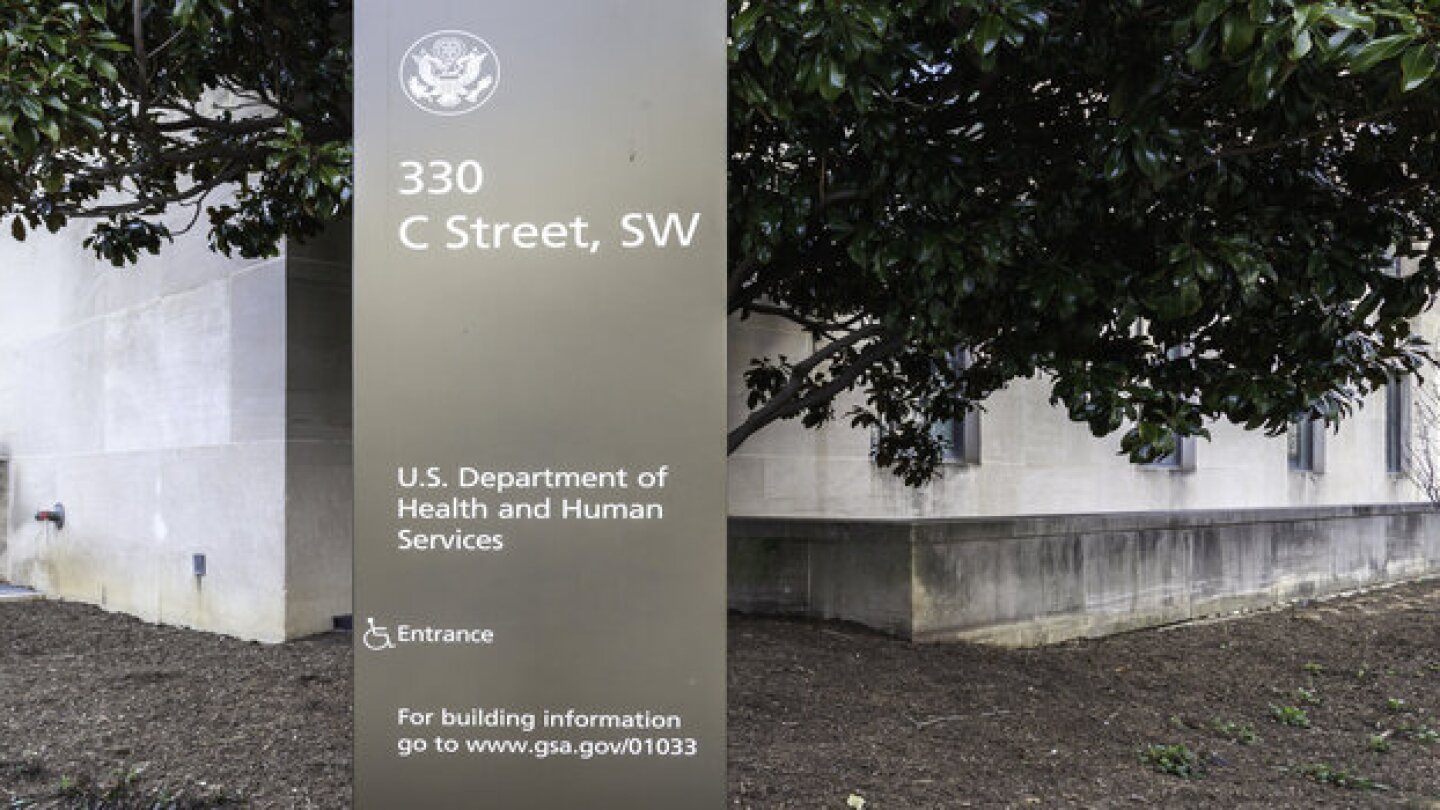News
In a letter to the Department of Commerce, Novo Nordisk argued that unsanctioned compounded semaglutide, mostly from China, constitutes a national security threat to the U.S.
FEATURED STORIES
Not exactly known for its dealmaking, Sarepta Therapeutics has thrown down a massive wad of cash to work with Arrowhead Pharmaceuticals on RNAi-based medicines.
Intra-Cellular submitted its application to the FDA for Caplyta’s approval in major depressive disorder, potentially opening up an additional $1 billion in sales. Still, the stock remains “cheap,” according to Jefferies analysts.
Despite hotly debated biomarkers and failed or delayed confirmatory trials, the accelerated approval program has a track record of propelling R&D for some of medicine’s most challenging illnesses.
Job Trends
Thermo Fisher Scientific Inc. (NYSE: TMO), the world leader in serving science, announced that it will release its financial results for the fourth quarter and full year 2023 before the market opens on Wednesday, January 31, 2024, and will hold a conference call on the same day at 8:30 a.m. EST.
FROM OUR EDITORS
Read our takes on the biggest stories happening in the industry.
The FDA has vowed to fix a pharma ad loophole—but they’re targeting the wrong one.
THE LATEST
The National Security Commission on Emerging Biotechnology recommends at least a $15 billion investment into biotech over the next five years.
The FDA approved the use of Opdivo with Yervoy in front-line colorectal cancer, while a Manhattan court junked a class action complaint over the blood cancer drug Pomalyst.
Jazz is being accused of anti-competitive practices regarding its narcolepsy drug, as generic competitors emerge on the market.
A consumer-driven weight loss market could put pharma at greater risk if a recession hits; the continued turmoil at FDA and other HHS agencies magnifies the uncertainty facing the industry; Lilly files a lawsuit against a med spa selling its drugs; and more.
Wegovy and Zepbound are just the latest drug dyads to face-off in the competitive pharma market, continuing a legacy of rivalry that includes blockbuster drugs Keytruda, Humira and Eliquis.
Billions in market cap are being shed as the markets reel over President Donald Trump’s escalating trade war. Eli Lilly’s value has dropped more than $95 billion in just one month.
Long considered resistant to economic downturns, the pharmaceutical industry may face a greater challenge this time around as GLP-1s dominate and the population grows older.
The company is dropping its former lead molecule in favor of another antibody, RLYB116, which is being developed for a variety of rare autoimmune disorders.
Merida is working on a selective therapy for Graves’ disease, leveraging targeted therapies that can deplete disease-causing autoantibodies.
Last week, The Trump administration reversed a Biden-era proposal for Medicare coverage of anti-obesity treatments. But on Monday, HHS suggested it is open to future policy considerations toward this end.

















